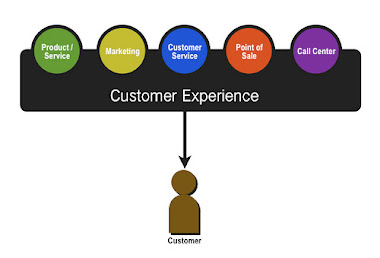“Gen Y has been the most studied generation ever,” observed Melissa Lavigne-Delville, NBCUniversal Integrated Media’s VP of trends and strategic insights. She spoke on Tuesday in New York about Gen Y related trends and new ways that this group has been experimenting with options to handle their work, family and social lives.
The occasion was the screening of a film called y Now, produced by NBCUniversal Integrated Media’s Curve Films. The short documentary portrays nine members of Gen Y as they transition into adulthood. The film, which is mainly being used for research purposes, was created to complement The Curve, their extensive report on the same topic.
Below are a few takeaways that cover both conventional wisdom about Gen Y’s mindset and more recent trends.
Growing influence. Gen Y includes 76 million people in the U.S. who were born between 1978 and 1995. Now they comprise the majority of those in advertisers’ coveted age range of 18 to 49. Given Gen Y’s large numbers and high degree of social media connectivity, they wield increasing influence on brands.
Optimistic perspective. “They grew up in a relatively positive political and economic environment, doted on by their parents,” Lavigne-Delville noted. “As a result, they have a more optimistic outlook on the recession than Gen X.”
New lifestage between adolescence and adulthood. “Gen Y has had an extended adolescence, or a soft launch into adulthood,” Lavigne-Delville commented. “Due to the recession, they have been ‘lifestalling,’ or sitting it out and reassessing their options. In fact, for many in Gen Y, they consider adulthood to start in their twenties. Also, there’s no agreement regarding what constitutes major adulthood milestones.”
Hooked on but overwhelmed by social media. For Gen Y, social media poses a challenge. Having an online presence is mandatory, since “for Gen Y, if they don’t have an online profile, they don’t exist as a person,” Lavigne-Delville reported. “However, Gen Y is overwhelmed with choices in the real-time web and is not sure which direction to go.”
Autonomous mindset. “With the decline of the nuclear household, many in Gen Y who are not still living with their parents are living alone. They have developed ad hoc support systems,” Lavigne-Delville explained. Although they may have hundreds of Facebook friends, the number dwindles to a few if they need to call them in the middle of the night. “Now they want tighter friendship circles,” she added.
Friends are a matter of taste. Lavigne-Delville referred to the growth of “the taste graph, where you associate yourself with others who have similar tastes regardless of whether they are your Facebook friends. Ambient social networks, that alert you to similar people around you, presented at this year’s SxSW conference.” Lavigne-Delville said these options will gain traction, likely across generations.

No comments:
Post a Comment